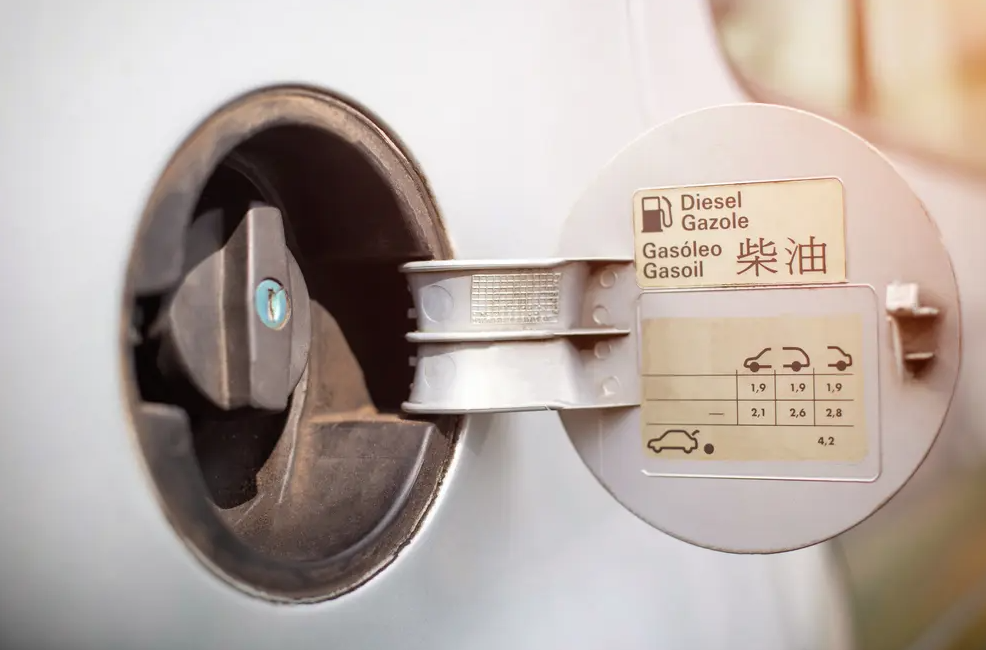The proposal of the Euro 7 Regulation should be published on 9 November 2022
(sustainabilityenvironment.com) – The pollution generated by road transport is responsible every year in Europe for 70,000 premature deaths. Yet the new EU emission standards, as formulated, will do little to protect human health. Only the profits of car manufacturers will be protected. The Transport & Environment (T&E) denounces today commenting on the new leak on the Euro 7 Regulation.
The revision of Euro 6
In 2020, the European Commission launched a review process of the current Euro 6 standards for cars and light commercial vehicles, with the aim of increasing the emission limit for major pollutants by 2025. By linking regulation to the new technologies available for internal combustion engines.
However, for now, the work appears very far from the target. This was revealed by the draft previewed by Politico last month and confirmed today by new rumors reported by the association T&E. The overall picture, in fact, risks being even worse than expected.
Read also Final agreement in the EU to ban endothermic cars in 2035
The current proposal for the Euro 7 regulation – due to be published on 9 November – completely ignores the recommendations of CLOVE, the consortium of experts called by the Executive to evaluate the rules. The scheme shows that the new standards for cars and vans are not only much less ambitious than any scenario recommended by CLOVE, but also barely improve the current Euro 6 standard. We are talking about a standard established over a decade ago, It is already inadequate then as a tool for the protection of human health, and now made completely obsolete by technological progress.
The defects in the new draft
T&E focuses on those that define the main flaws of the new draft. Starting with the maintenance of Euro 6 emission limits for petrol cars. Bad also the limit to the emissions of particulates generated by the wear of the brakes. The value in the text – 7mg/km – according to the NGO will not guarantee the introduction of more effective technology to reduce these contaminants (vacuum suction) until 2035, despite the solution being ready, available and affordable. Not only. The road driving conditions under which the new Euro 7 constraints will be monitored are weaker for criteria such as temperature or altitude, compared to the lower ambition scenario assessed by the Commission.
“The proposals for cars are so weak that the car industry could have drafted them on its own,” comments Anna Krajinska, T&E Manager. “At best, the Commission was fooled by the industry’s claims about the cost burden, the same industry that made record profits last year. At worst, it colludes with industry to ignore the advice of its own experts. The shareholders of car manufacturers could benefit from these terrible proposals, but the real cost will be paid by human health across Europe”.
